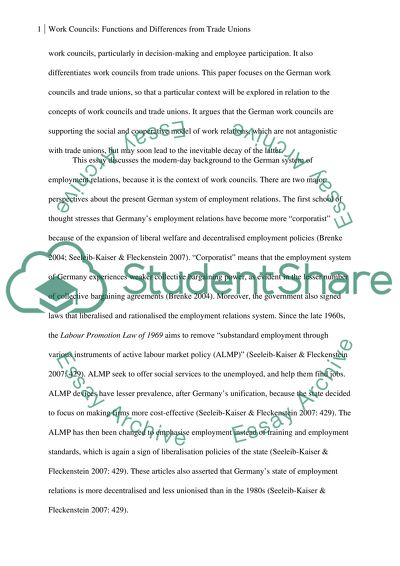Cite this document
(“International human resource Essay Example | Topics and Well Written Essays - 2250 words”, n.d.)
Retrieved from https://studentshare.org/family-consumer-science/1409230-international-human-resource
Retrieved from https://studentshare.org/family-consumer-science/1409230-international-human-resource
(International Human Resource Essay Example | Topics and Well Written Essays - 2250 Words)
https://studentshare.org/family-consumer-science/1409230-international-human-resource.
https://studentshare.org/family-consumer-science/1409230-international-human-resource.
“International Human Resource Essay Example | Topics and Well Written Essays - 2250 Words”, n.d. https://studentshare.org/family-consumer-science/1409230-international-human-resource.


